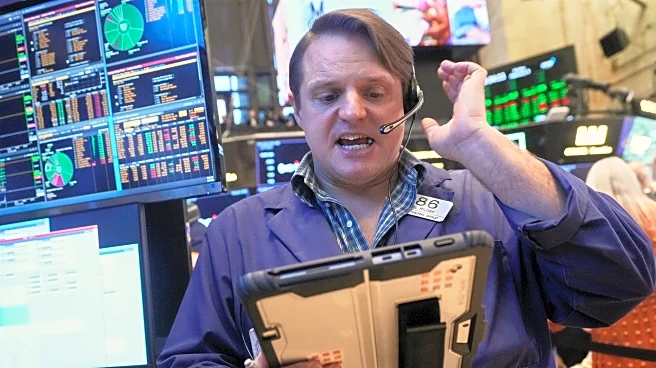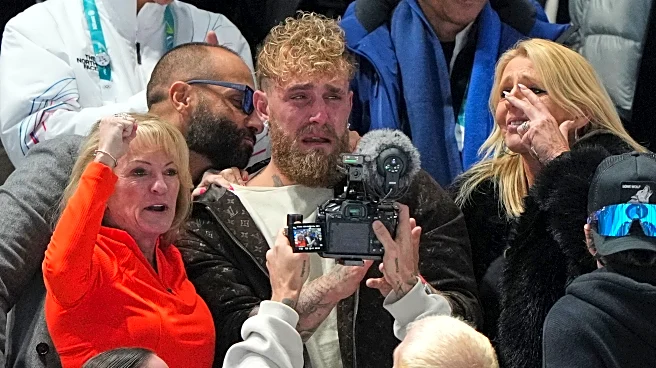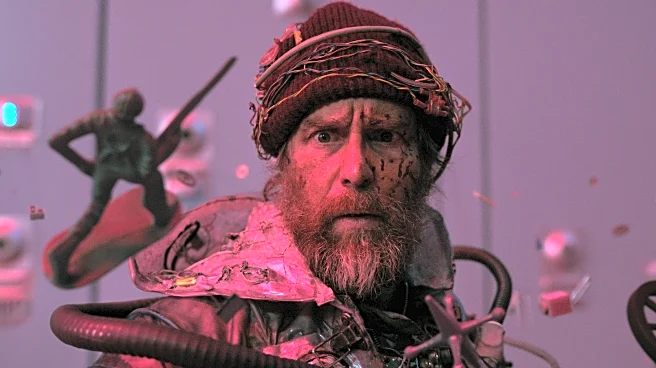Rapid Read • 8 min read
In 1919, United Artists was founded by prominent figures in the film industry, including Mary Pickford, Charlie Chaplin, Douglas Fairbanks, and D.W. Griffith. This move was a response to the restrictive practices of major studios, which often limited the creative and financial control of actors and filmmakers. United Artists was established to allow these artists to produce and distribute their own films, thereby gaining greater artistic freedom and financial benefits. The company was a significant departure from the traditional studio system, which was characterized by vertical integration and block booking practices that often stifled independent productions.
AD
The creation of United Artists represented a major shift in the power dynamics of Hollywood, empowering artists to take control of their work and challenge the dominance of major studios. This move not only allowed for greater creative expression but also set a precedent for future independent film ventures. The establishment of United Artists highlighted the importance of artistic control and paved the way for the eventual dismantling of monopolistic practices in the film industry, as seen in the Paramount decrees of 1948. This shift had long-term implications for the industry, promoting diversity in film production and distribution.
The legacy of United Artists continues to influence the film industry today, as it set the stage for the rise of independent cinema and the diversification of film production and distribution channels. The company's model of artist-driven production has inspired numerous filmmakers and production companies to seek greater control over their creative outputs. As the industry evolves with new technologies and distribution platforms, the principles established by United Artists remain relevant, encouraging ongoing innovation and independence in filmmaking.
The founding of United Artists also had cultural implications, as it challenged the traditional roles and expectations of actors and filmmakers within the industry. By taking control of their work, these artists not only influenced the business side of filmmaking but also contributed to the evolution of film as an art form. This shift towards artist-driven production has had a lasting impact on the cultural landscape, promoting a more diverse and inclusive range of voices and stories in cinema.
AD
More Stories You Might Enjoy













